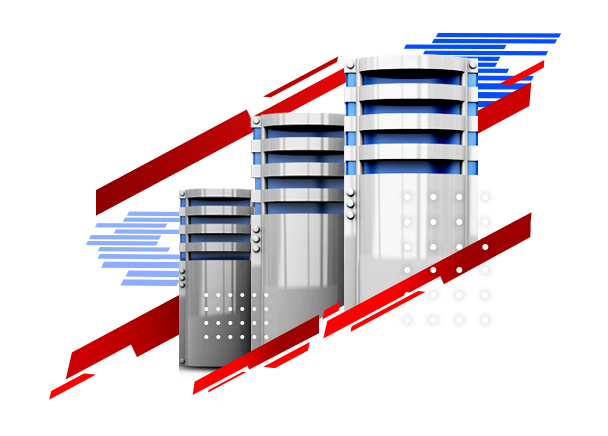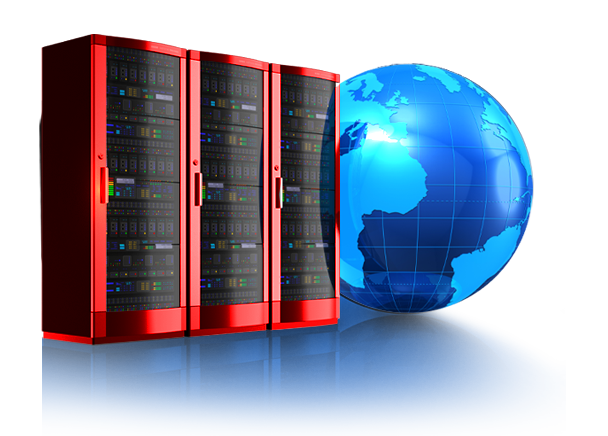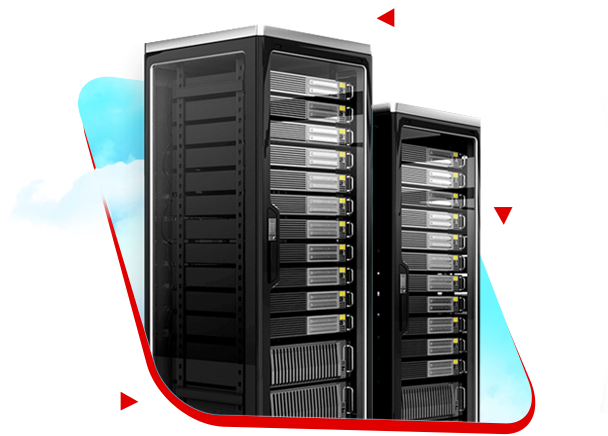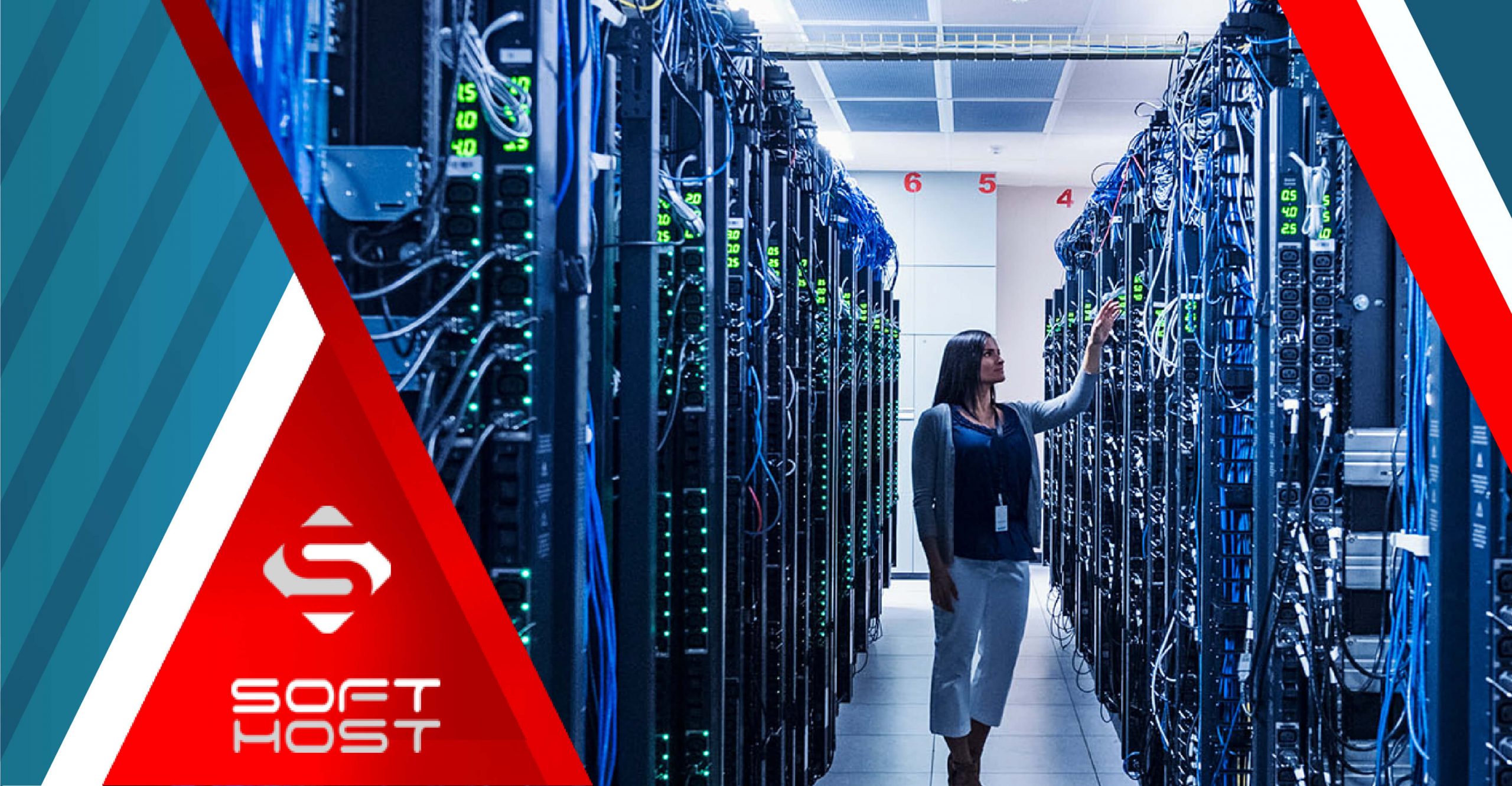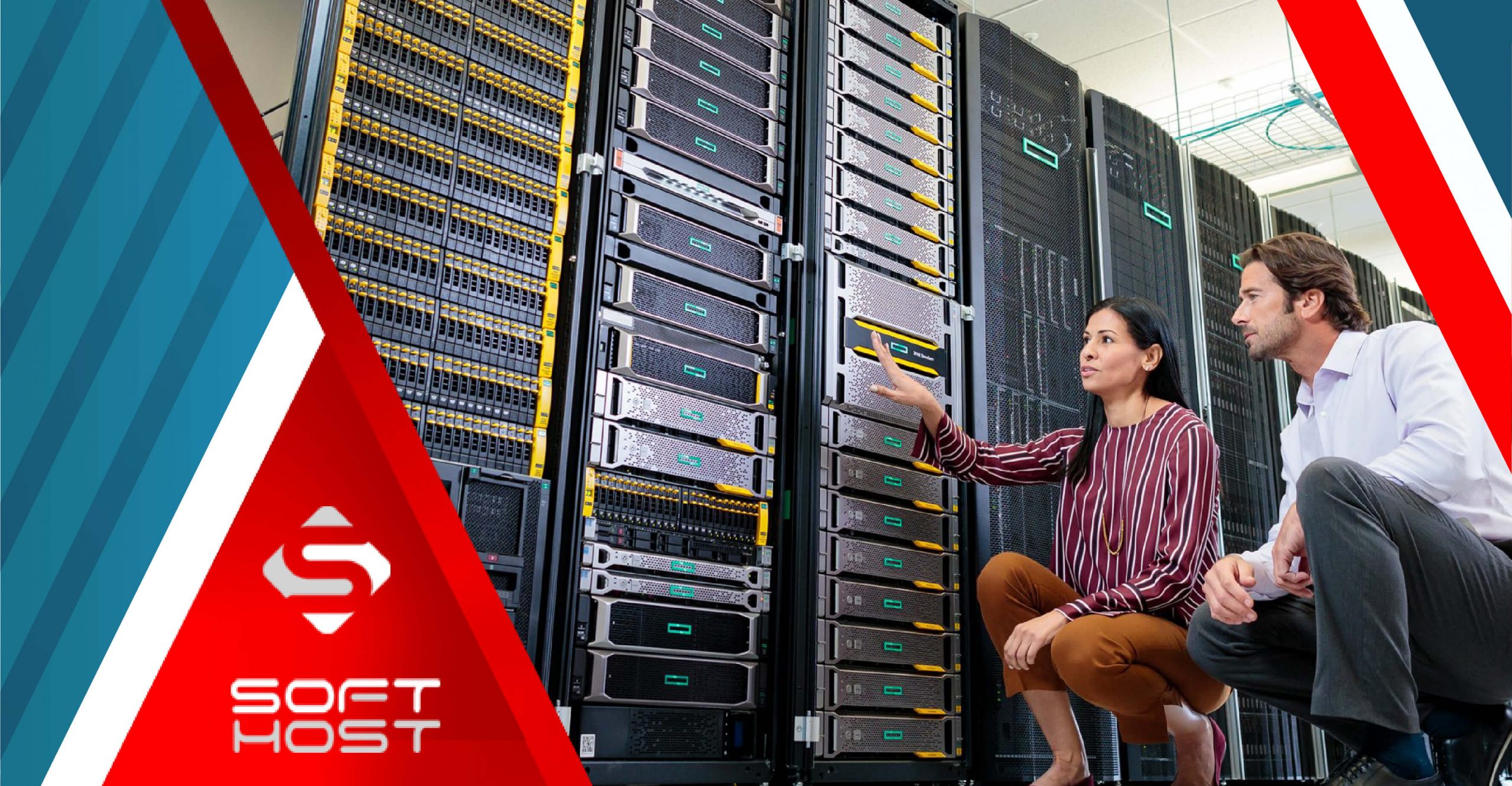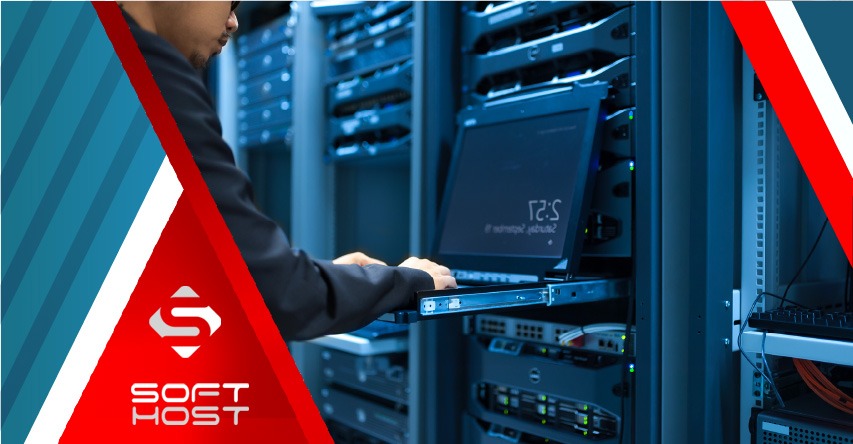
Probably, before reading this article, you have seen the term colocation hosting or colocation services. Reading this article will help you understand the concept of colocation, how it works and the benefits. We will also learn how to choose a colocation provider. At the end of this article, you will find out if CoLocation is the right option for you. Stay with us.
What is colocation?
Table of Contents
Colocation or CoLocation Hosting is a type of hosting service. In this type of hosting, you rent space for your IT hardware in the data center directly or through hosting companies. Using colocation services can bring benefits to your business. A data center is a highly secure place where equipment, servers, space and bandwidth are provided to businesses. Therefore, with Colocation hosting, companies can purchase space to host their servers and experience higher security and guaranteed uptime.
What benefits does the colocation provider provide to customers?
Each CoLocation Provider provides benefits to its customers, including:
- Lower cost of electricity and bandwidth
- 24-hour high-speed network connection
- Under the supervision of data center security measures
- Valid certificates
- Long-term stability along with flexibility and scalability
- Specialized technical support
A colocation provider can take the existing infrastructure and server hardware from the customer and move it from offices/companies to the data center. Using colocation services allows organizations to focus exclusively on managing and achieving their goals. At the same time, the cost of IT is decreasing.
How is colocation hosting done?
Colocation facility provides storage space along with cooling, electricity, bandwidth and security for customers. Therefore, the customer entrusts his organization’s servers to the data center with confidence. The space available in this center is usually rented by rack, cabinet, cage or private suite. Some hosting companies also offer managed storage services.
When a business moves to a colocation center, the provider must ensure that there is adequate space inside the rack, along with power for the equipment, IP addresses, and uplink ports to connect the equipment to the network.
The colocation provider must be available 24/7 for IT support (if requested). The colocation provider is responsible for the maintenance and security of its facilities. They ensure that there is enough power and cooling for your server. With these considerations, your definitive experience will be minimized.
A company that uses colocation can place its equipment in several data centers if desired. This will be useful for companies that have a larger geographic footprint. On the other hand, such companies want to make sure that their computer systems are located near their office building.
How to choose a colocation provider?
Each hosting company provides different options and facilities to provide colocation services to customers. It is not bad to know that the United States and Canada are leaders in the field of colocation hosting.
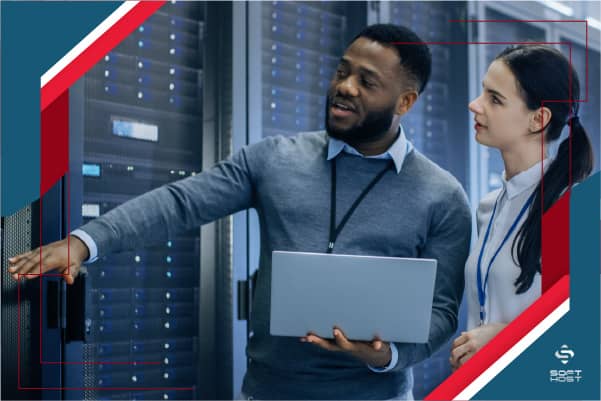
Fulfilling your priorities
When considering different providers, it’s important to clarify business priorities. If 100% uptime and development are at the top of your priority list, you should take a close look at things like SLAs.
If compliance and security are top priorities, ask to see other auditors’ compliance certificates.
Physical security check
It is also important to check the physical security in place. Is this colocation facility geographically stable? Is it safe from natural disasters and human damage? Do they employ the latest security technology, including security cameras, multi-step authentication, and secure login processes?
Since comfort facilities are probably not one of your priorities, checking them will help us decide on the best option. Check out things like their always available technical expertise and building facilities. Of course, these facilities become useful when employees need to work in the data center.
Checking the data center rating
In this context, data centers are ranked in a staggered manner between levels 1 to 4. For example, a data center with a rank of 1 offers the lowest amount of capacity and a data center with a rank of 4 offers the highest capacity of capacity. It is often recommended to start with Tier 3 datacenters. Most likely, these providers can meet your business needs.
6 questions you should ask your colocation provider!
If you’re looking to choose a new colocation or data center provider, consider the following 6 important questions:
-
How expandable is the data center?
The development of a data center’s systems is a vital factor in ensuring its uptime. On the other hand, the most important vital system is electricity/power. Having an emergency power supply (UPS), the existence of a two-conversion UPS is one of the things that you should make sure of. Because a sudden power outage and no UPS can cause serious problems for your business.
Also check out Wajd UPS Online. Most data centers run on offline or “line-interactive” UPS systems. That means they don’t actually power the connected systems during normal operation. During normal operation, an offline UPS system will only protect against power surges or power outages. This is an additional feature for So there is no need to check it.
-
How secure is the data center?
A data center must employ comprehensive security measures, from the physical characteristics of the building location to individual cameras located in the rooms. The features of a secure data center are:
Location and structure
The building should be in a stable geographical location. Easy access is important. But it should be in a low-traffic area and there should be no windows facing outside the data center rooms. Also, all external vital systems are fenced off and monitored.
Physical security systems
All entrances and critical external equipment must be equipped with alarms. They also require two-step authentication to enter and be monitored by NOC cameras. This monitoring should be done 24 hours a day, every day of the year. Additionally, advanced systems must be in place to continuously report the status of electrical and mechanical infrastructure to NOC staff. Here is a list of things to check:
- infiltrate
- Fire
- AC power outage
- Generator failure
- temperature / humidity
- Leak detection
- UPS failure
Logical security systems and third-party memes are two other things that should be considered in the data center security review.
-
What certifications and audits does the data center provider have?
A data center must have controls that meet recognized industry standards. Standard audits and certifications for data centers include SSAE (an alternative to SAS70), PCI and HIPAA. Also, before looking for a colocation provider, you should know the compliance standards and certifications required for your industry.
-
The amount of data center connections
The connections of a data center are an important indicator of the reliability of its network and its flexibility to meet the needs of customers.
The provider should also give you the flexibility to scale as you grow and on demand. Does the data center have the flexibility in terms of contract terms, facility design, and support to respond quickly and effectively to this need?
-
What level of support does the data center provide?
Ensure 24-hour data center support on all days of the week and month. It is important that the support staff can provide a practical solution in case of problems and emergencies. Having a network or hardware engineer help you in the middle of the night to restart the server or resolve issues can provide you with deep peace of mind.
-
Do hosting services offer management in addition to colocation?
Managed servers are one or more servers with dedicated power and bandwidth hosted in a data center. They are suitable for customers who prefer the data center to monitor their equipment.
If a data center provider offers colocation and managed hosting, it must have the ability to augment the customer’s hardware infrastructure with on-demand resources. Storage space, managed backup, etc. are other features of such a data center. While your business may not need this now, it should have flexible add-on services as your needs change.
Advantages of colocation
There are several reasons for using colocation. The heavy expenses associated with the construction, maintenance and updating of a computing equipment are among the main reasons. Aside from the risk of natural disasters, common mishaps such as equipment failure can bring your business to a halt and damage your reputation. Colocation providers can protect your server against these issues. Other colocation features that benefit businesses include:
- Designed for high density cloud computing environments
- With remote technical support round the clock
- Scalable to help in business development
- Providing professional and controllable technical troubleshooting, isolation and diagnosis
- Facilities in accordance with HIPAA, PCI, HITRUST, SOC 1, SOC 2, and SOC 3 standards and…
Challenges and disadvantages of colocation
While colocation seems to be the best choice, it may come with some downsides. The distance between the data center facility and the customer’s office can lead to increased travel costs if hardware equipment needs to be contacted.
Uptime is another thing to consider. If a colocation provider does not have access to multiple network carriers or data centers to ensure redundant connectivity 100% of the time; The customer may experience serious outages. In a survey by CA Technologies of 200 companies, more than $26.5 billion in annual revenue is lost due to system failures. According to the latest estimates, unplanned data center outages cost companies more than $7,900 per minute, and the cost continues to rise.
Rack, cage, or private suite
When you rent space for colocation equipment, there are three different options for equipment storage. The choice of storage options depends on the size of the organization, its budget and security priorities.
Rack space for colocation refers to a cabinet located in a room of the data center. The rack is locked and placed in an aisle next to other colocation server racks. A company may only need one rack or use many racks. Renting or buying rack space is usually the least expensive of the two options.
The next storage option is the cage. The colocation provider adds a cage around the customer’s racks to add another layer of security. They are located among other racks in the data center, but the cage provides a larger space that only the customer can enter. This option is great for companies that need a higher level of security.
The last storage option is a private suit. The Private Colocation Suite is a fully customizable and extensible service that offers companies independence and control over their IT needs. They are enclosed for maximum security. Only authorized employees of the company that purchased the suite can access this area. They are best suited for regulated industries such as healthcare, banking, manufacturing, government and education.
last word
CoLocation services are often provided by hosting companies. . They are an intermediary between the customers and the data center to meet the customer’s needs. In some cases, customers get these services directly from the data center. Server maintenance at work requires providing a suitable environment for maintenance. For example, providing sufficient cooling to prevent overheating and damage to hardware, controlling the amount of incoming electricity, etc. will involve costs for you.
But the data center introduces you to the hosting company to provide colocation services, and takes control of the general issues in maintaining the server. To provide facilities and manage other things, you can be sure of the hardware and software security of your server by talking and finally paying an additional fee.
CATEGORY:Blog





